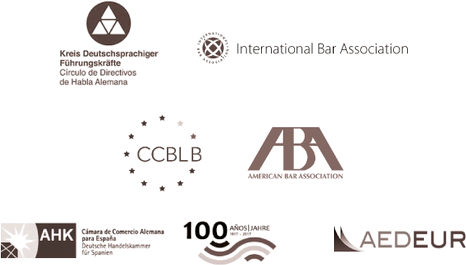
UBER before the Court of the Crimson Kings (of The Road)
22/07/16
Are roadworthiness tests (known as ITV in Spain) a service within the realm of “transport” and, therefore, beyond the scope of application of the Services Directive? This was the question that the Spanish Supreme Court referred to the European Court of Justice (ECJ) in Case C-168/14, Grupo Itevelsa and Ors v OCA and Anor, whose answer the Supreme Court used for its judgment of 21 April last.
The case goes back to Law 12/2008 on industrial safety. The Catalan regional Government used it to restrict access to technical inspection services, and several cronies are now being prosecuted for alleged payments in exchange for supporting this law.
In first instance, the Catalan High Court (TSJ) annulled the regional plan for deployment of new vehicle testing stations in Catalonia and parts of the decree implementing Law 12/2008. The TSJ held that the restrictions imposed on the provision of roadworthiness tests were neither necessary nor proportionate and, therefore, contrary to the Services Directive.
Already before the TSJ did the regional Government plead that the Services Directive did not apply, since decisions whether or not to certify a vehicles’ compliance with the applicable standards were connected with the exercise of public power. However, the ECJ had dismissed this most witty argument a year earlier in Case C-438/08, Commission v. Portugal, declaring the Portuguese access regulations for the provision of roadworthiness tests to be incompatible with the freedom of establishment.
The Spanish Supreme Court’s doubts deserved a different answer from the ECJ (at 46 et seq.): roadworthiness tests are a “pre-condition, indispensable to the exercise of the main activity of transport” and, to this extent, “inherently linked” to such activity. Therefore, roadworthiness tests are a service excluded from the Services Directive, although subject to the general law on freedom of establishment.
This definition will no doubt require nuances in the context of new sharing economy business models, where a new figure joins the provider and the user of a service: the intermediary. There is now a lively debate on whether the Services Directive applies to such models. Actually, the ECJ will soon tell us: one year ago the Commercial Court No. 3 of Barcelona requested a preliminary ruling on whether Uber’s intermediation between a vehicle driver and a user should be considered “transport services”. In this pending Case C-434/15, Élite v Uber, The ECJ will certainly apply the interpretation criteria developed in its two cases on roadworthiness tests.


